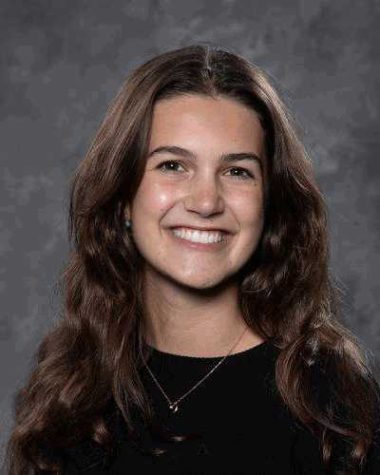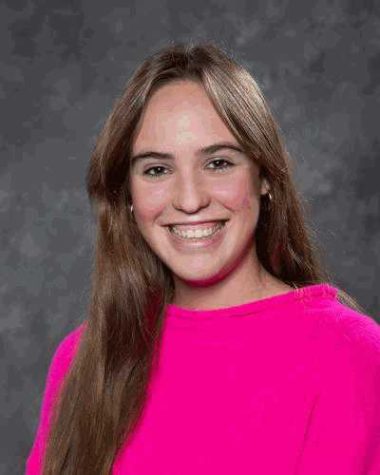MESA hosts open forum discussion
June 1, 2021
The Middle Eastern Student Association (MESA) hosted a discussion with History Teacher Dror Yaron about current events and historical tensions between Israel and Palestine on May 18. Two days later, President Rick Commons acknowledged the impact of the conflict in relation to recent social media posts and local expressions of anti-Semitism and encouraged students to seek support from adults on campus in an all-school email Friday.
Although Yaron lectured at Ahmanson Lecture Hall in person, MESA club leaders Alon Moradi ’21 and Chronicle Opinion Editor Emma Limor ’21 made the event available for community members to join through Zoom as well.
At the start of the event, Yaron, who is Israeli, gave a brief presentation about the history of Middle Eastern geopolitics, as well as the long-term and immediate causes of the recent conflict.
The event featured a presentation and was followed by a discussion
“We [are currently seeing] the flare-up between communal violence we haven’t seen since 1947-48 [during the Arab-Israeli War of 1948],” Yaron said.
Limor said the club hosted the forum to give students access to a broader variety of perspectives about the conflict.
“We held this event to open up dialogue about the conflict, including both people directly affected and people learning from an outside perspective, to help humanize both sides of the conflict and help educate people from a multilateral perspective,” Limor said. “[At the event, we spoke] about the history of the conflict, why violence is occurring now and how the media misconstrues the realities of the conflict and its flare-ups.”
Student attendees reflect on their experiences
Attendee Ariana Azarbal ’22 said she gained a more nuanced understanding of the conflict through Yaron’s presentation.
“I chose to attend because I’m a part of MESA and wanted to learn about the Israel-Palestine conflict from Mr. Yaron, who’s an expert on the topic,” Azarbal said. “The event exceeded my expectations. I came away with a much better objective understanding of the complexities at play in this devastating conflict.”
In a discussion following Yaron’s presentation, event attendees examined future implications of the recent events and the various social, political and geographical factors complicating the conflict. Like Limor, Yaron emphasized the importance of considering diverse perspectives when evaluating the conflict.
“The first sign of understanding [the conflict] is understanding the nuance, the complexity [and] the grievance and [then] moving forward consciously,” Yaron said.






























